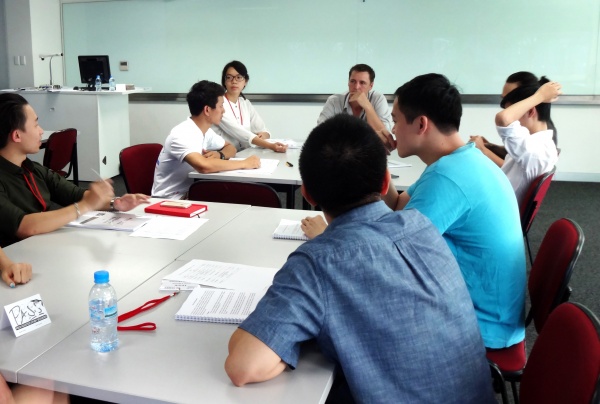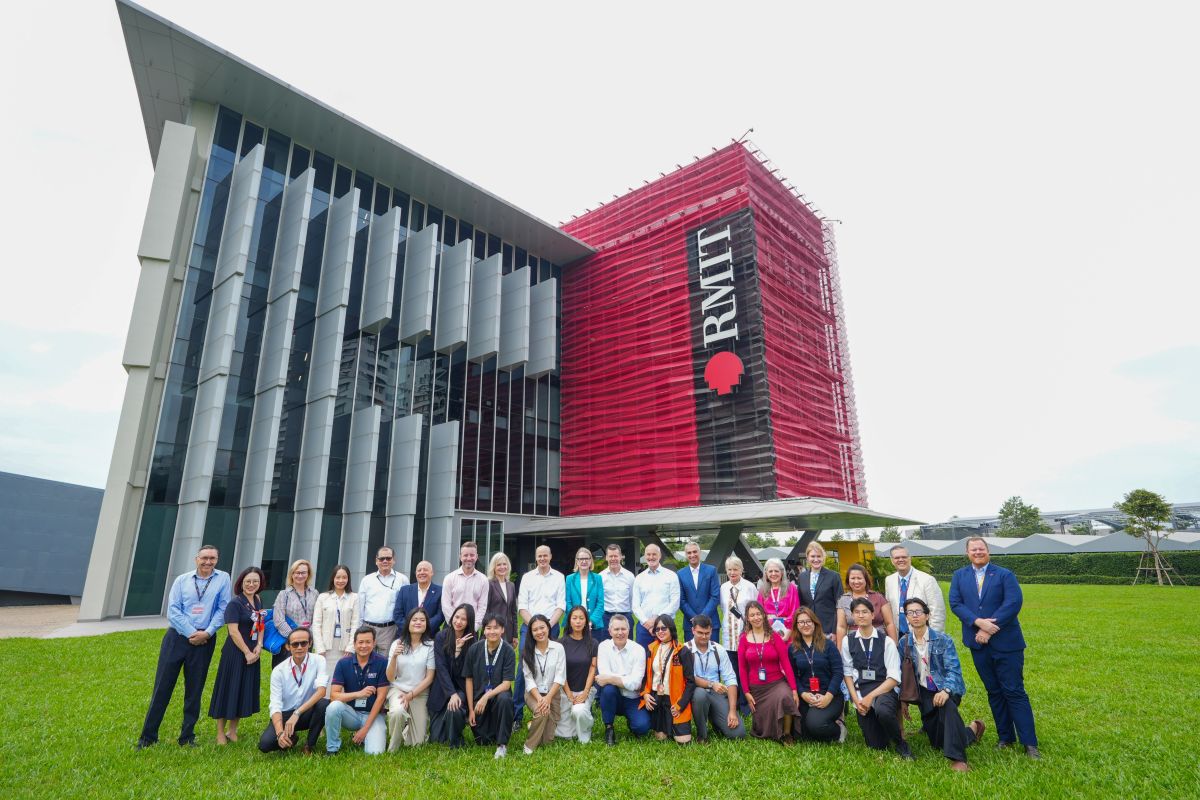RMIT celebrates ongoing relationship with Vietnam
RMIT University has reaffirmed its commitment to invest in expanding its presence in Vietnam during the 25th anniversary of its transnational education relationship with the country.
Inclusive AI governance: Building Vietnam’s digital future for all
AI should not only drive efficiency and innovation but also empower individuals who have historically faced barriers, said Dr Abdul Rohman from RMIT Vietnam’s School of Communication & Design.
Multiculturalism and student creativity shine at RMIT Light Night
Last November, RMIT Vietnam transformed its Saigon South campus into a vibrant hub of creativity and cultural exchange during Light Night 2025.
RMIT Vietnam drives everyday sustainability through action and innovation
RMIT Vietnam continues to drive meaningful sustainability outcomes through various programs that integrate responsible practices into daily campus life, teaching and learning, event management, and cross-sector collaboration.





